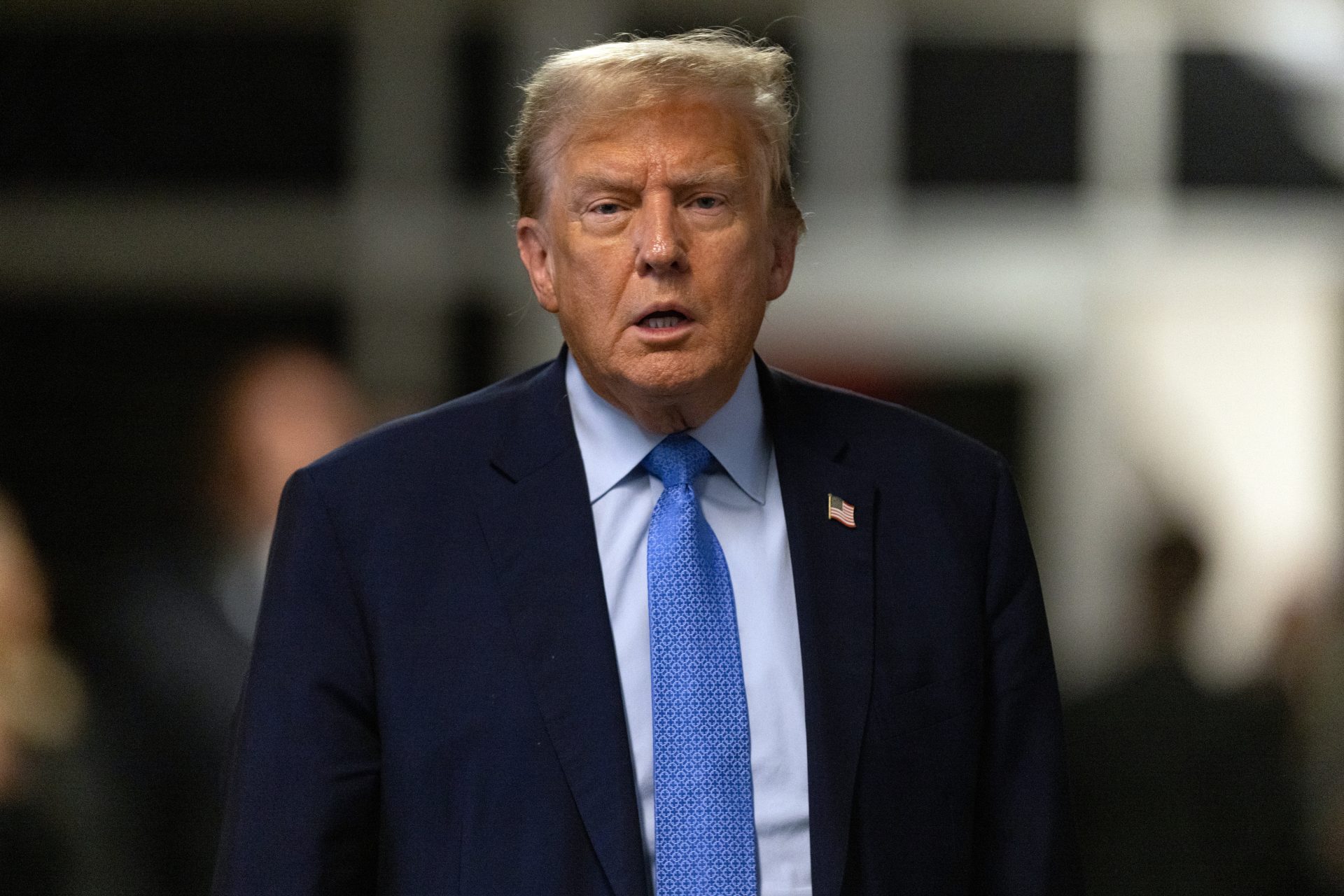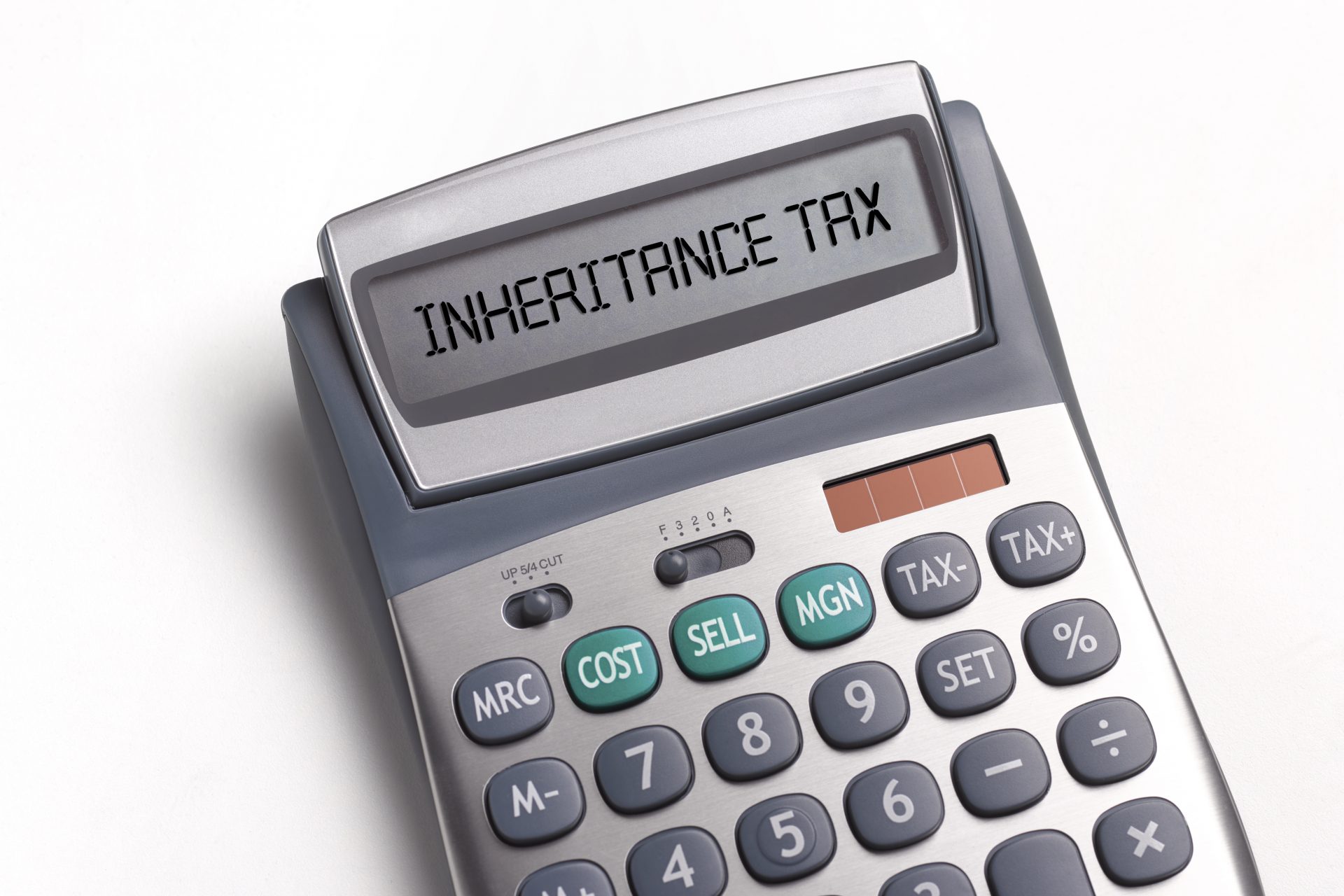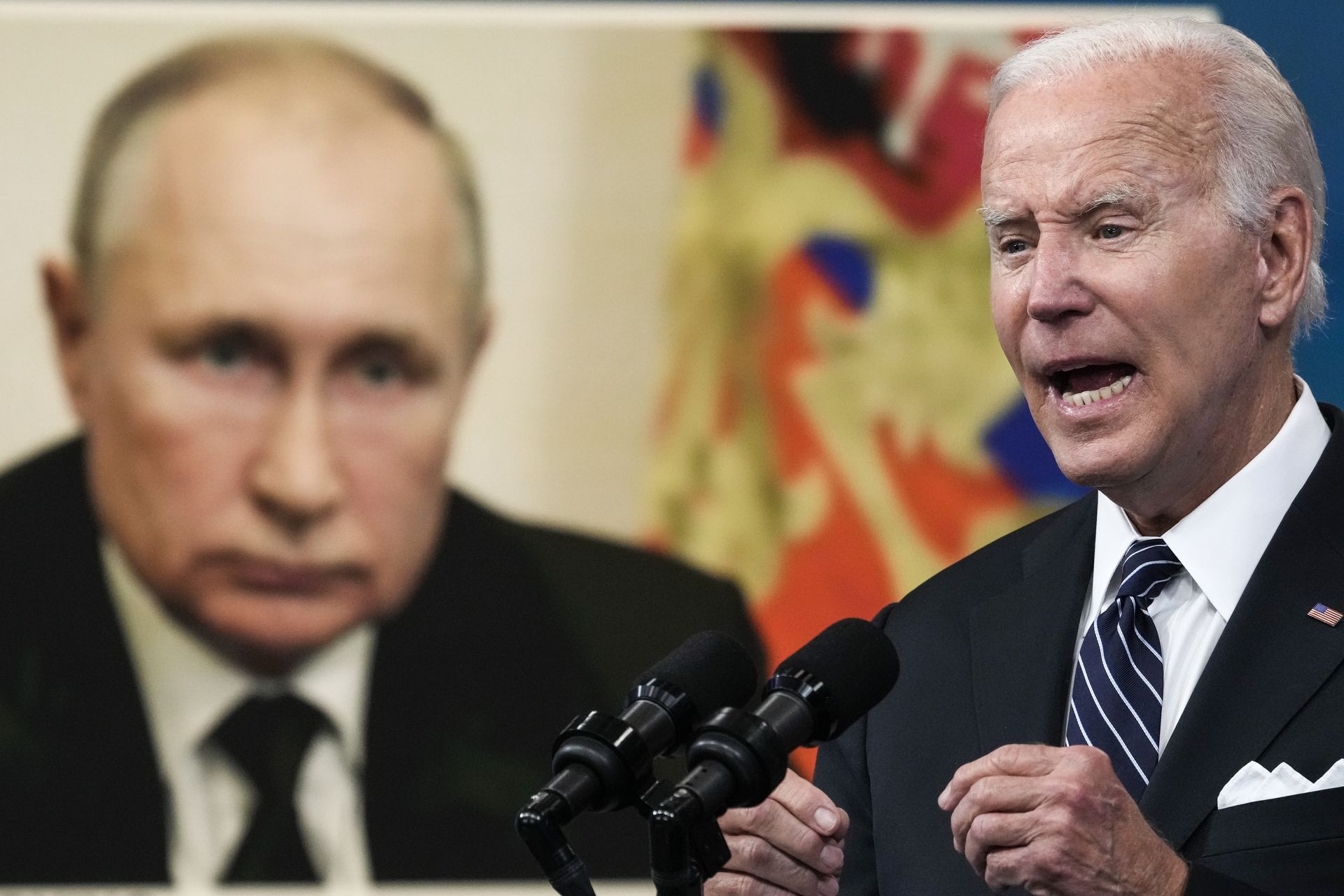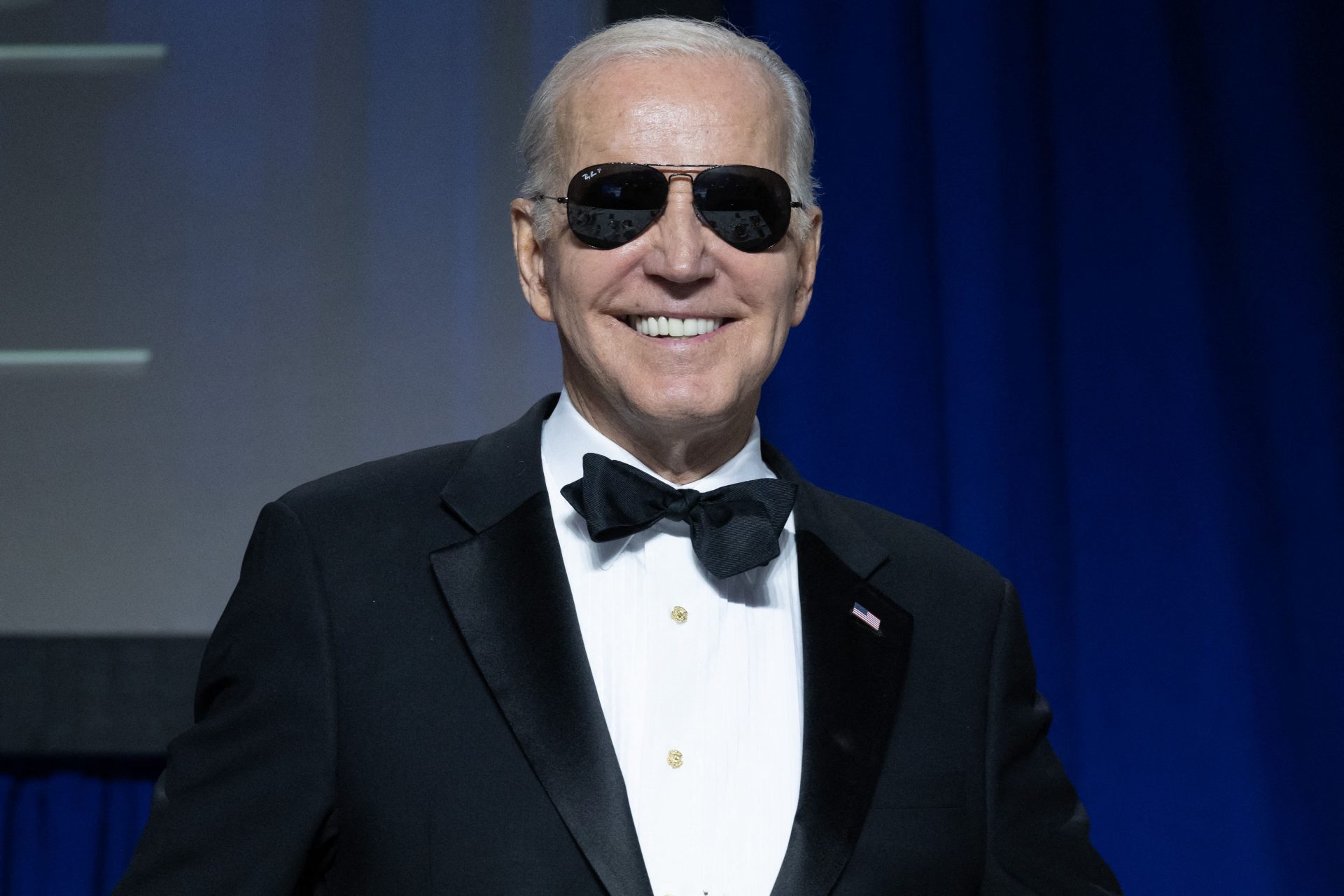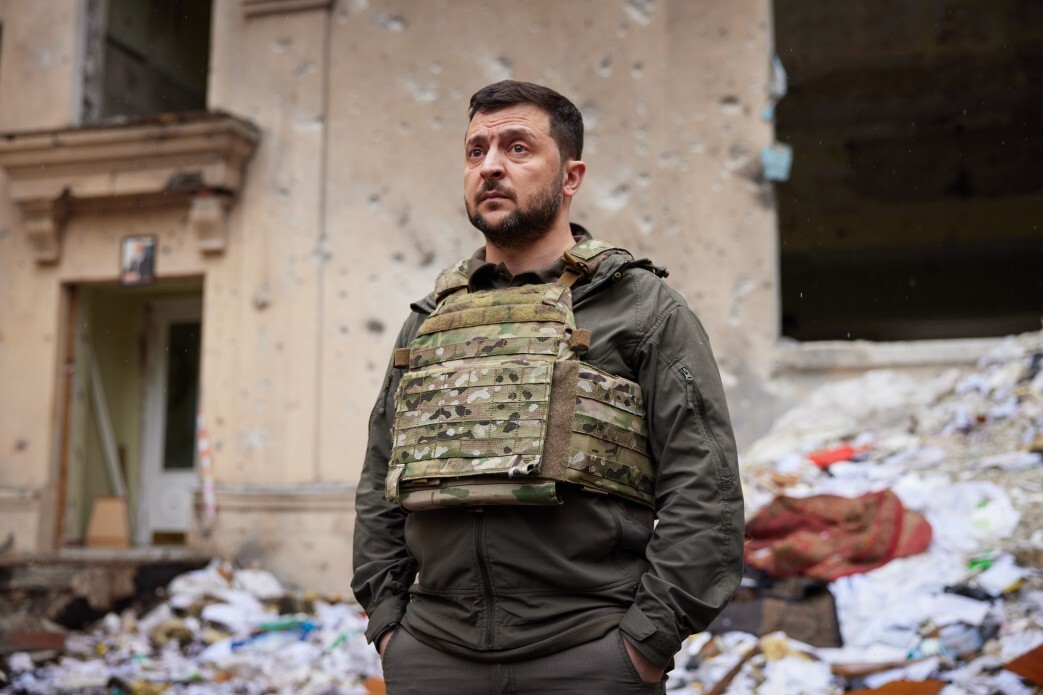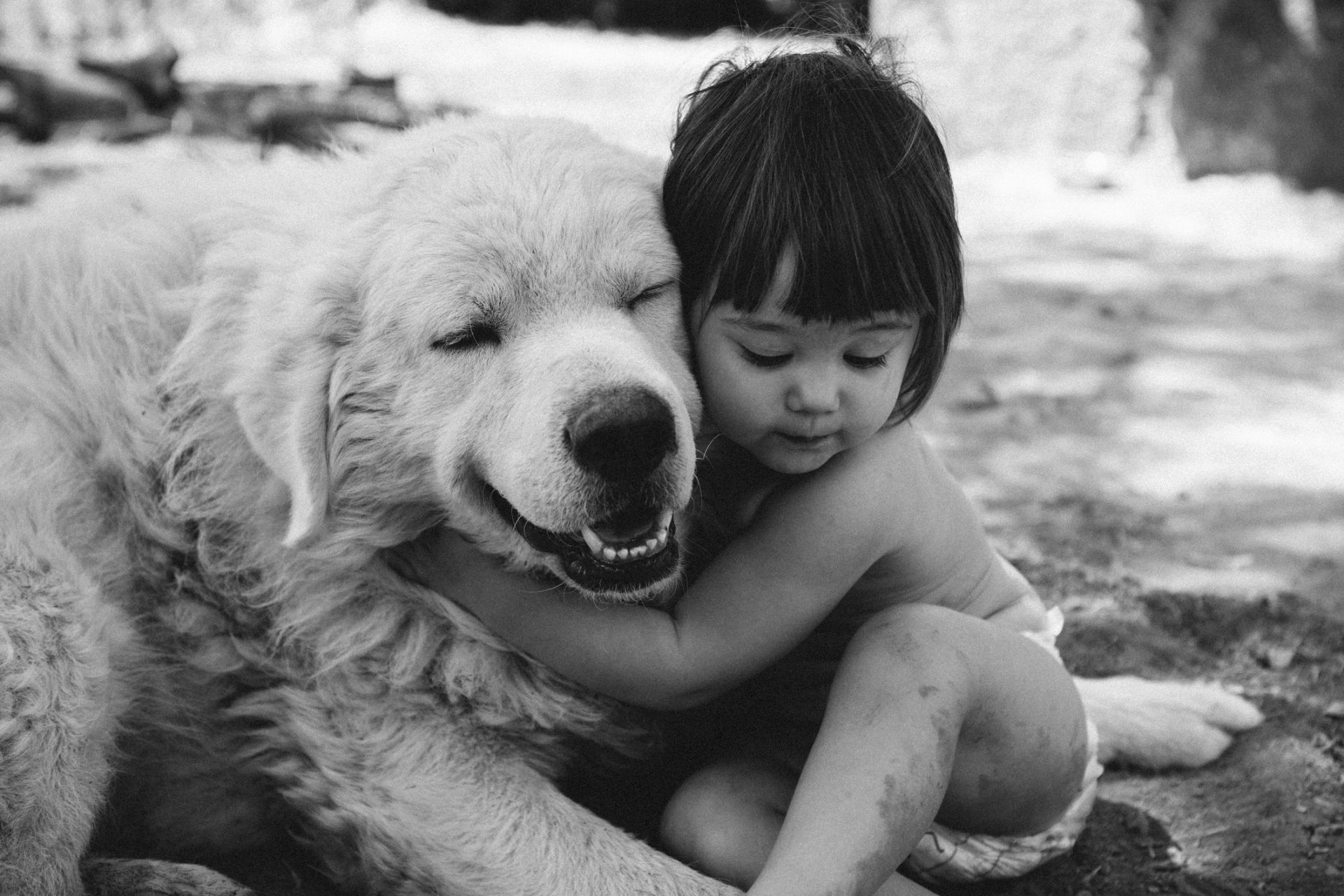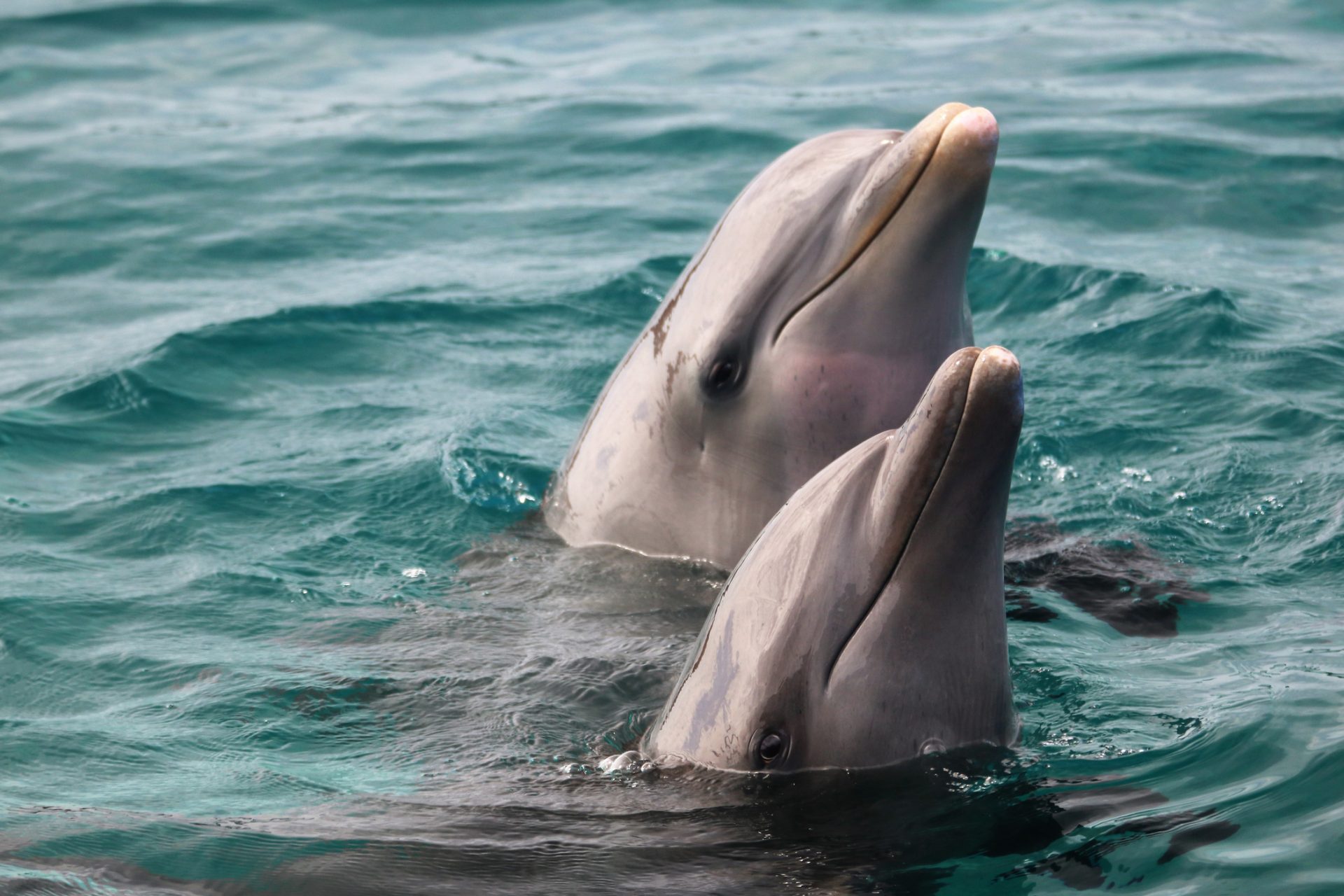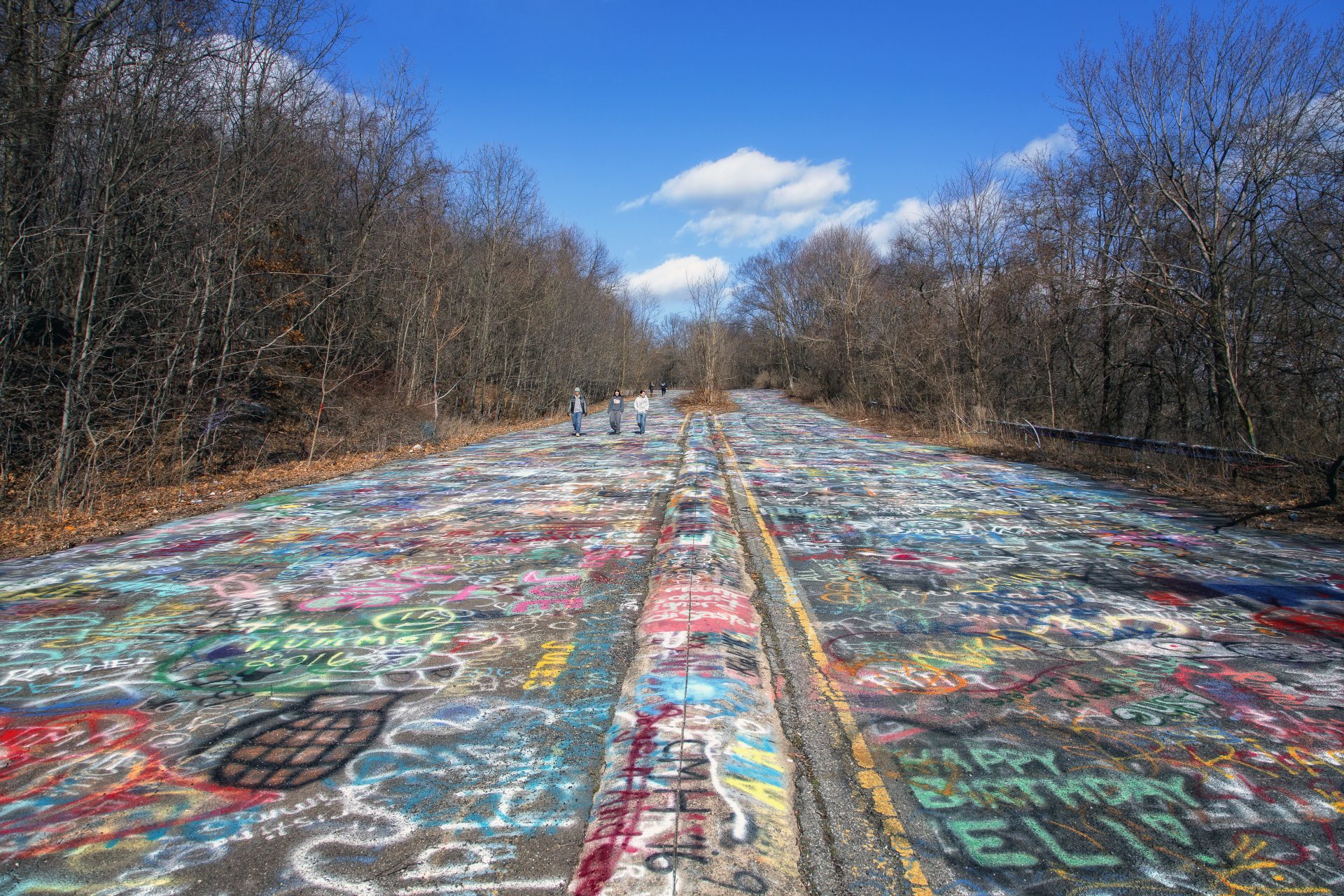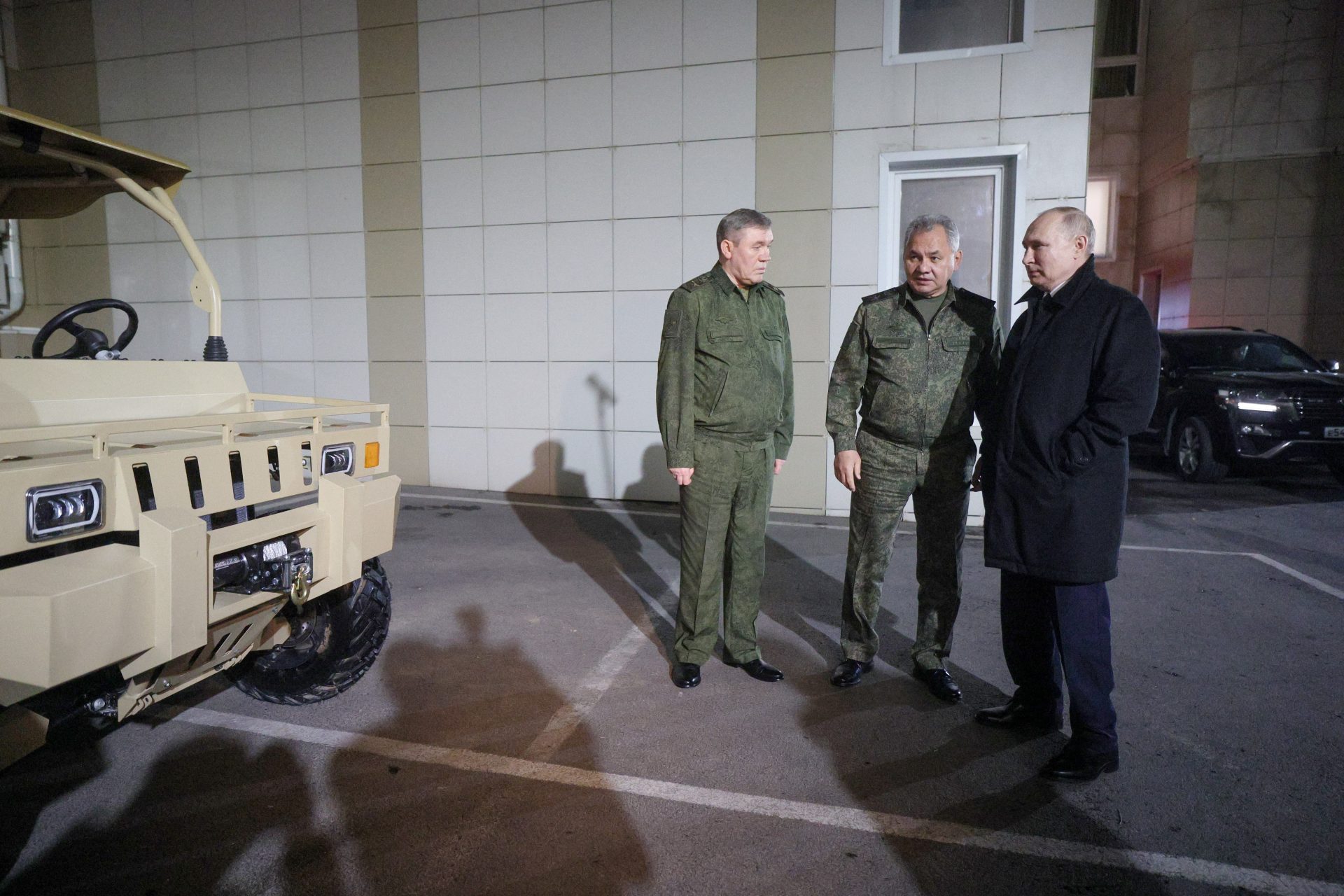US gun laws are lagging behind other developed nations
It's no secret that guns have a unique position in US culture and society. However, given the high numbers of firearm-related violence in the country, many argue that the United States should follow the example of other developed countries.
In June 2022, United States President Joe Biden signed a bipartisan gun safety bill into law, placing stricter measures on who can acquire arms while funding mental healthcare and school security.
“Lives will be saved,” the commander-in-chief stated before signing what has been described as the most important gun legislation in the US in three decades.
These organizations argue that, although Biden has been well-intentioned, he hasn't done nearly enough when it comes to actual gun legislation in the United States.
The New York Times cites the Gun Violence Archive toll of over 500 mass shootings, with 16 involving 5 or more casualties in 2022.
In the wake of the gun violence epidemic in the United States, the Canadian government pledged in 2022 to freeze the import, sale, purchase, and transfer of handguns in all 10 provinces.
In November 2022, the government of Canada headed by Prime Minister Justin Trudeau introduced amendments to draft gun control legislation that would permanently ban military-style assault weapons, TIME magazine reports.
The New York Times comments that while Canada’s gun laws are stricter than the United States they remain pretty lax compared to most of the developed world, including Australia and the United Kingdom.
Canada first approved important reforms and restrictions on gun ownership in 1989. This happened as a result of the École Polytechnique Massacre, when a 25-year-old anti-feminist man in Montreal took the lives of 14 university students claiming that he was “fighting feminism”.
Pictured: Vigil commemorating the 25th anniversary of the attack in Montreal in 2014.
Flash forward to 2020, when a 51-year-old resident of Nova Scotia killed 22 people before shooting himself. This prompted the Canadian government, headed by Justin Trudeau, to ban “assault-style firearms” in the country.
However, Canadian Conservatives and gun lobbies have successfully pressed the Liberal government to withdraw the assault ban amendments for further study.
Outside the United States and Canada, many countries have restricted or overall banned most firearms after one or two shooting sprees.
In 1987, a mentally-disturbed 27-year-old man shot 16 people before killing himself in Hungerford, England. This prompted the British government to pass the Firearms (Amendment) Act of 1988, prohibiting the ownership of semi-automatic rifles in the United Kingdom.
Pictured: Prime Minister Margaret Thatcher visiting Hungerford the day after the attack.
The 1996 school shooting in Dunblane, Scotland, forced further control by the British government, banning civilian ownership of handguns with very few exceptions, carried by Thatcher's successor, Conservative PM John Major.
A former Scout leader, accused of inappropriate behavior, fatally shot 16 students and one teacher and injured 15 others in Dunblane Primary School before taking his own life.
The United Kingdom only has had two notable mass shootings since 1996: Cumbria in 2010 and, more recently, Plymouth in 2021.
Australia, The New York Times comments, used to have a similar cultural affinity to guns as the United States. Everything changed in 1996, after the Port Arthur Massacre.
A 25 years old man, following a series of personal struggles and financial trouble, shot 58 people, killing 35 in Port Arthur, Tasmania. The attack led to tougher gun laws in Australia.
Pictured: Commemorative service of the 20th anniversary of the Port Arthur Massacre.
This led to a nationwide gun buyback. The Guardian reports that the Australian government ended up acquiring over 650,000 firearms through this scheme, which they eventually melted. 20% to 30% of the country’s firearms ended up out of circulation, according to The New York Times.
Nearby New Zealand approved tighter gun regulations in March 2019 under the premiership of Jacinda Ardern. At the time, according to TIME magazine, there was one firearm for every four people in the country.
The measure was approved one week after a white supremacist killed 51 worshipers at a mosque in Christchurch, New Zealand.
The Minister of Police reported that, by December 2019, around 60,000 firearms were taken out of circulation, most of them bought back by the New Zealand government through an amnesty buyback scheme similar to Australia's.
The European Union tightened up its already tough gun ownership policy in 2021. Directive (EU) 2021/555 divides weapons into 3 categories: A, B, and C.
Class A includes the most dangerous guns, such as semiautomatic weapons. Owning a class-A weapon is virtually impossible unless you have a disposition from a Member State. Class B requires a license, while Class C is necessary to make a statement.
Israel is one of the examples most often cited by the US right in support of pro-gun policies, claiming that Israelis are well-trained and, above all, well-armed. The reality, however, is that the country has fairly strict gun regulations.
However, have to apply for a license and register ownership of their weapon, and justify it. Applicants must be 21 years old, Israeli citizens (or permanent residents), and speak Hebrew. According to the Times of Israel, at least 40% of these applications are rejected.
Meanwhile, people who are in favor of strict gun laws tend to point out Japan's example: The East Asian nation has very restrictive gun legislation in the world, coupled with a very low firearm-related homicide rate.
China, on the other hand, has some of the most restrictive gun laws in the world. Most civilians can't keep firearms at home, only at designated places such as shooting ranges. The penalty for being caught with a firearm? Life imprisonment.
India and South Africa also have fairly strict gun legislation. For instance, you have to prove that you belong to a hunting club or that there's a threat to your life. The license is only obtained after passing an exam and a training course and details such as employers, friends and neighbors must appear on the document.
Compared to the rest of developed countries, the United States is the odd one out, failing to properly respond after a tragedy by making sure it won’t happen again.
More for you
Top Stories


































